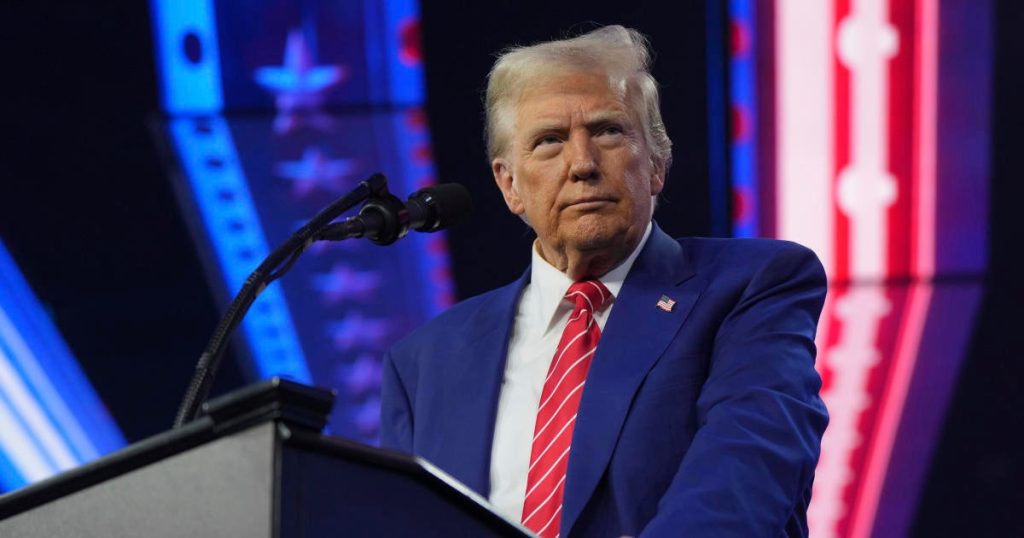Justice Juan Merchan ruled that President-elect Donald Trump will be sentenced for his crimes in New York on Jan. 10, just 10 days before his inauguration on Jan. 20. Trump’s conviction stemmed from a $130,000 payment made to adult film star Stormy Daniels in the days before the 2016 election. This decision by Merchan ended months of speculation and legal back and forth following Trump’s narrow election victory on Nov. 5. Trump was the first former president to be convicted of crimes in May, and sentencing was delayed as he campaigned to return to the presidency.
In his ruling, Merchan indicated that Trump will not serve time behind bars and may appear virtually for sentencing. Trump’s lawyers had argued that his presidential immunity superseded the jury’s decision and ongoing legal proceedings. Prosecutors and Bragg’s office suggested options to balance justice with the unique situation of a convicted president-elect, including postponing proceedings until after Trump’s term in office. Merchan dismissed Trump’s motion to dismiss, stating that a president-elect is not immune from criminal proceedings.
Merchan criticized Trump’s lawyers for using inflammatory language and rhetoric in their legal pleadings, noting that it could undermine the judiciary. Despite this, Trump’s communications director called the case a “witch hunt” and accused Merchan of being “deeply conflicted.” The case has been historic, with Trump becoming the first former president in U.S. history to be criminally charged. Trump was subject to a lengthy trial during the Republican presidential primaries, where he often grumbled and dozed off in court.
Witnesses in the trial described arrangements involving “hush money” payments to silence allegations that could harm Trump’s presidential campaign. Cohen paid Stormy Daniels $130,000 days before the election to keep quiet about an alleged sexual encounter with Trump. Another scheme involved falsifying business records to hide the reimbursement of that payment, leading to Trump’s conviction. The jury found Trump guilty on 34 counts and he did not make eye contact with them during sentencing. Despite proclaiming his innocence, Trump continued his campaign for president after the ruling.
Overall, the case against Trump has been marked by legal and political drama, with unprecedented situations arising due to Trump’s status as a former president and president-elect. The sentencing on Jan. 10 will provide a conclusion to this chapter in Trump’s legal troubles, with the potential for further legal proceedings in the future. The ruling by Justice Merchan highlights the complexities of balancing justice with the unique circumstances of a convicted president-elect. Trump’s conviction represents a significant moment in U.S. history and raises questions about presidential immunity and accountability in the face of criminal charges.















